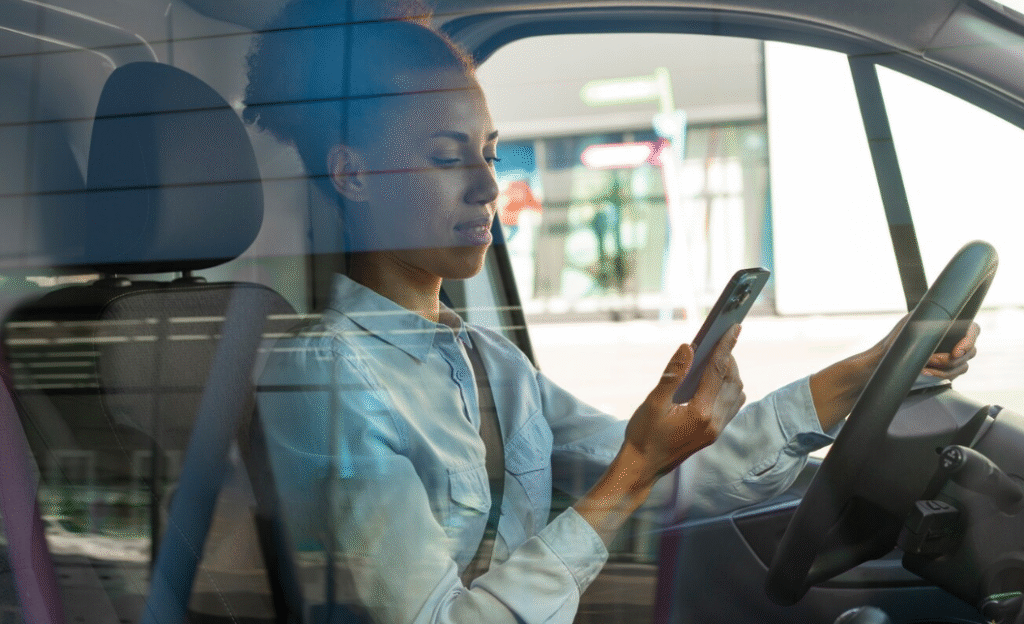Artificial Intelligence (AI) is no longer a concept of the future—it’s embedded in our daily lives, influencing how we communicate, work, and connect with others. From voice assistants and chatbots to recommendation engines and facial recognition, AI is silently shaping our social behaviors and transforming the fabric of human interaction.
A New Kind of Social Mediator
AI plays an increasingly central role in the way people interact. Whether it’s through personalized feeds on social media or AI-generated content in messaging apps, these technologies influence what we see, how we respond, and even what we believe.
1. Changing Communication Patterns
AI-driven platforms like chatbots, smart replies, and virtual assistants are altering the nature of communication. While these tools offer speed and efficiency, they also reduce the need for direct human interaction.
- Example: In customer service, many companies now use AI chatbots to handle inquiries, replacing human agents for most basic interactions.
2. Echo Chambers and Filter Bubbles
Recommendation algorithms prioritize content that aligns with our past behaviors, creating digital echo chambers. This can limit exposure to diverse opinions and reinforce existing beliefs, subtly influencing group behavior and social polarization.
3. Emotional Intelligence and Empathy Gaps
While AI is becoming more conversational, it still lacks genuine empathy and understanding. Relying too heavily on AI for emotional support (e.g., AI companions or therapy bots) could lead to decreased real-world emotional intelligence and reduced human-to-human empathy.
4. AI in Relationships
Some people are forming emotional bonds with AI-powered chatbots and virtual companions. While this may provide comfort and companionship, it also raises questions about dependency, emotional authenticity, and the evolution of intimacy in a digital age.
Positive Social Impacts
Despite concerns, AI also brings numerous social benefits:
- Accessibility: AI enables communication for people with disabilities through voice recognition, text-to-speech, and predictive typing tools.
- Global Connectivity: Real-time translation and multilingual support break language barriers and foster cross-cultural exchange.
- Mental Health Support: AI-powered platforms offer mental health resources and early detection of emotional distress, making help more accessible.
The Workplace Shift
AI-driven tools are changing workplace dynamics by automating repetitive tasks and altering how teams collaborate. Virtual meetings, smart scheduling, and AI-generated reports improve productivity but also blur the lines between personal and professional lives.
- Remote work tools with AI features have helped teams stay connected, but over-reliance on virtual communication may reduce spontaneous and meaningful interpersonal interactions.
Ethical and Social Considerations
As AI becomes more socially present, ethical concerns emerge:
- Surveillance and Privacy: AI in facial recognition and behavioral tracking can erode personal privacy and influence behavior through constant monitoring.
- Bias and Discrimination: AI systems trained on biased data can unintentionally reinforce stereotypes, impacting hiring, law enforcement, and social judgment.
- Digital Dependency: The more we integrate AI into our lives, the more we risk losing essential human skills like critical thinking, empathy, and face-to-face communication.
Conclusion
AI is reshaping how humans interact—sometimes for the better, sometimes with unintended consequences. While it offers convenience, accessibility, and new forms of connection, it also poses challenges to authenticity, empathy, and social cohesion. Moving forward, it’s essential to strike a balance—embracing AI’s benefits while preserving the uniquely human qualities that underpin meaningful interaction.


